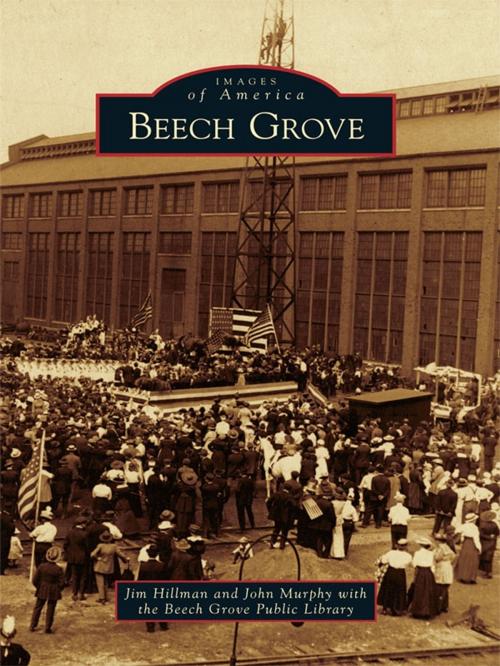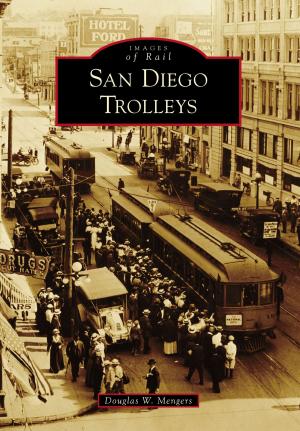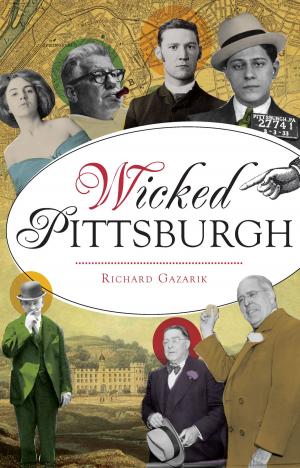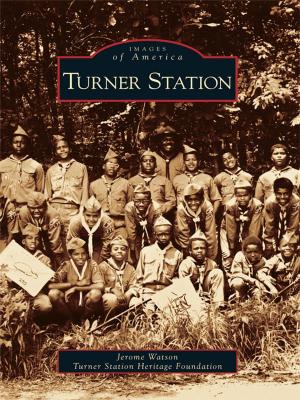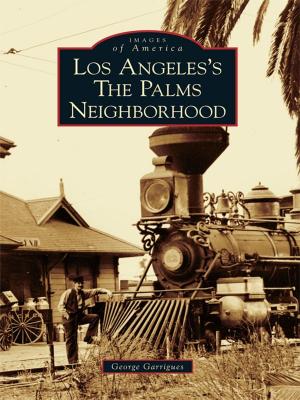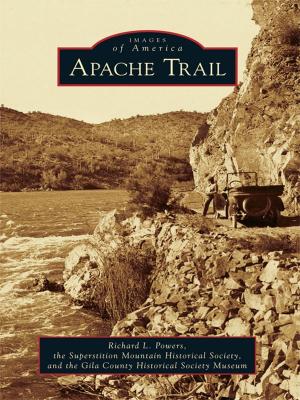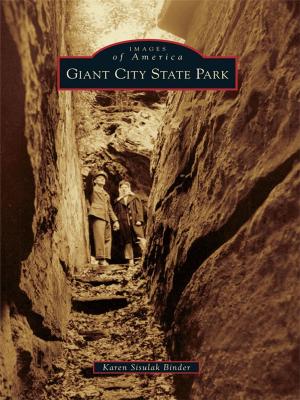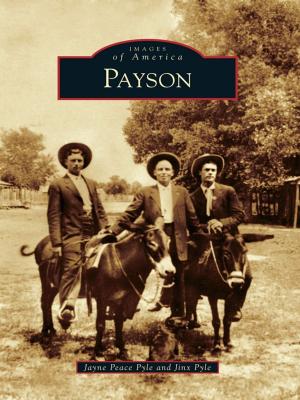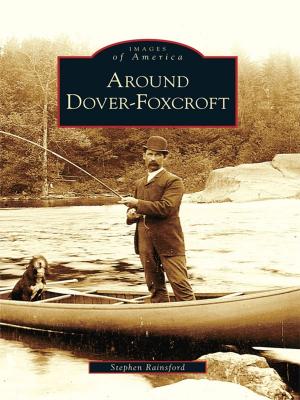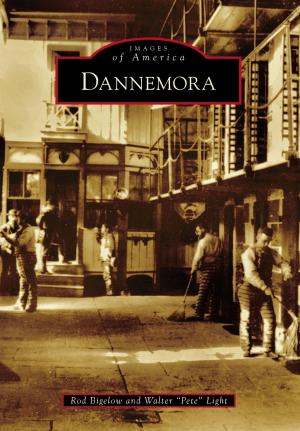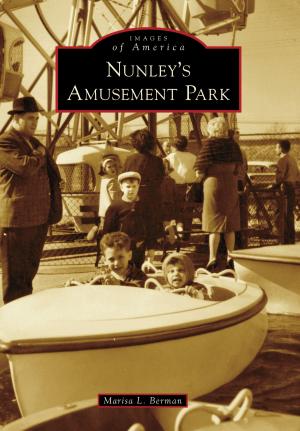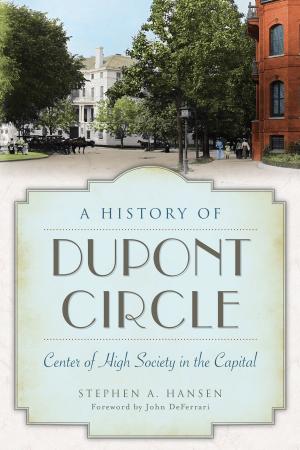| Author: | Jim Hillman, John Murphy, Beech Grove Public Library | ISBN: | 9781439625682 |
| Publisher: | Arcadia Publishing Inc. | Publication: | February 14, 2011 |
| Imprint: | Arcadia Publishing | Language: | English |
| Author: | Jim Hillman, John Murphy, Beech Grove Public Library |
| ISBN: | 9781439625682 |
| Publisher: | Arcadia Publishing Inc. |
| Publication: | February 14, 2011 |
| Imprint: | Arcadia Publishing |
| Language: | English |
Early-20th-century Indianapolis was developing into a major transportation center. The extension of rail lines operated by the �Big Four Railroad,� the Cleveland, Chicago, Cincinnati, and St. Louis Railway, invaded farmland 5 miles southeast of the busy Indianapolis Union Station. By 1904, the native beech trees neighbored the construction of the Big Four Shops, a facility charged with the production of steam locomotives. The shops brought jobs, an immediate draw for commercial and residential development, culminating in 1906 when the unnamed, adjacent community incorporated as the town of Beech Grove. A century later, the city of Indianapolis has grown to entirely surround the vibrant community, yet Beech Grove retains its small town atmosphere. Anchored by a vibrant Main Street, the charm of Beech Grove is found within quiet residential neighborhoods, distinguished schools, diverse churches, and major employers, including Amtrak and St. Francis Hospital.
Early-20th-century Indianapolis was developing into a major transportation center. The extension of rail lines operated by the �Big Four Railroad,� the Cleveland, Chicago, Cincinnati, and St. Louis Railway, invaded farmland 5 miles southeast of the busy Indianapolis Union Station. By 1904, the native beech trees neighbored the construction of the Big Four Shops, a facility charged with the production of steam locomotives. The shops brought jobs, an immediate draw for commercial and residential development, culminating in 1906 when the unnamed, adjacent community incorporated as the town of Beech Grove. A century later, the city of Indianapolis has grown to entirely surround the vibrant community, yet Beech Grove retains its small town atmosphere. Anchored by a vibrant Main Street, the charm of Beech Grove is found within quiet residential neighborhoods, distinguished schools, diverse churches, and major employers, including Amtrak and St. Francis Hospital.
